The following keynote panel speakers and workshop presenters will be appearing at the IEEE 2024 Digital Platforms and Societal Harms Conference.
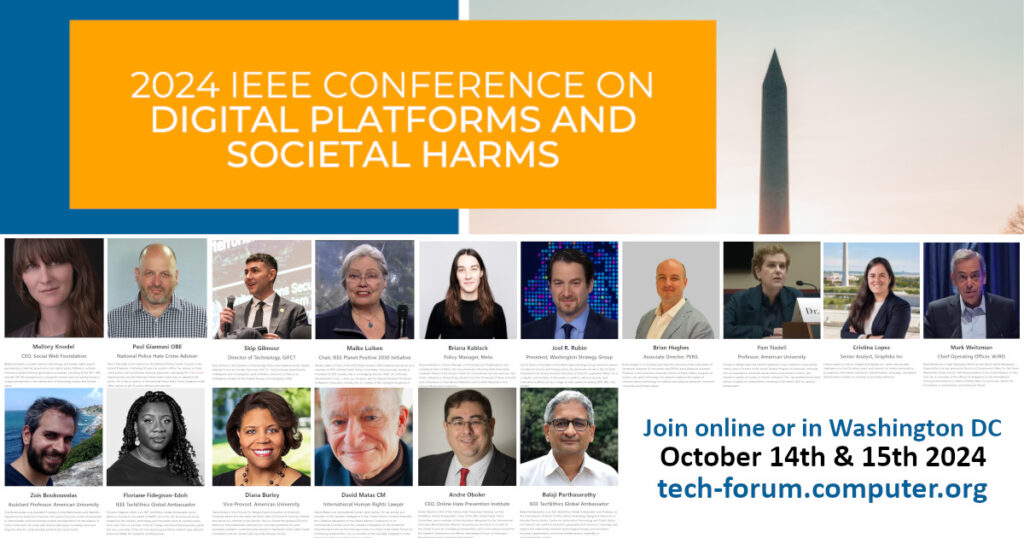
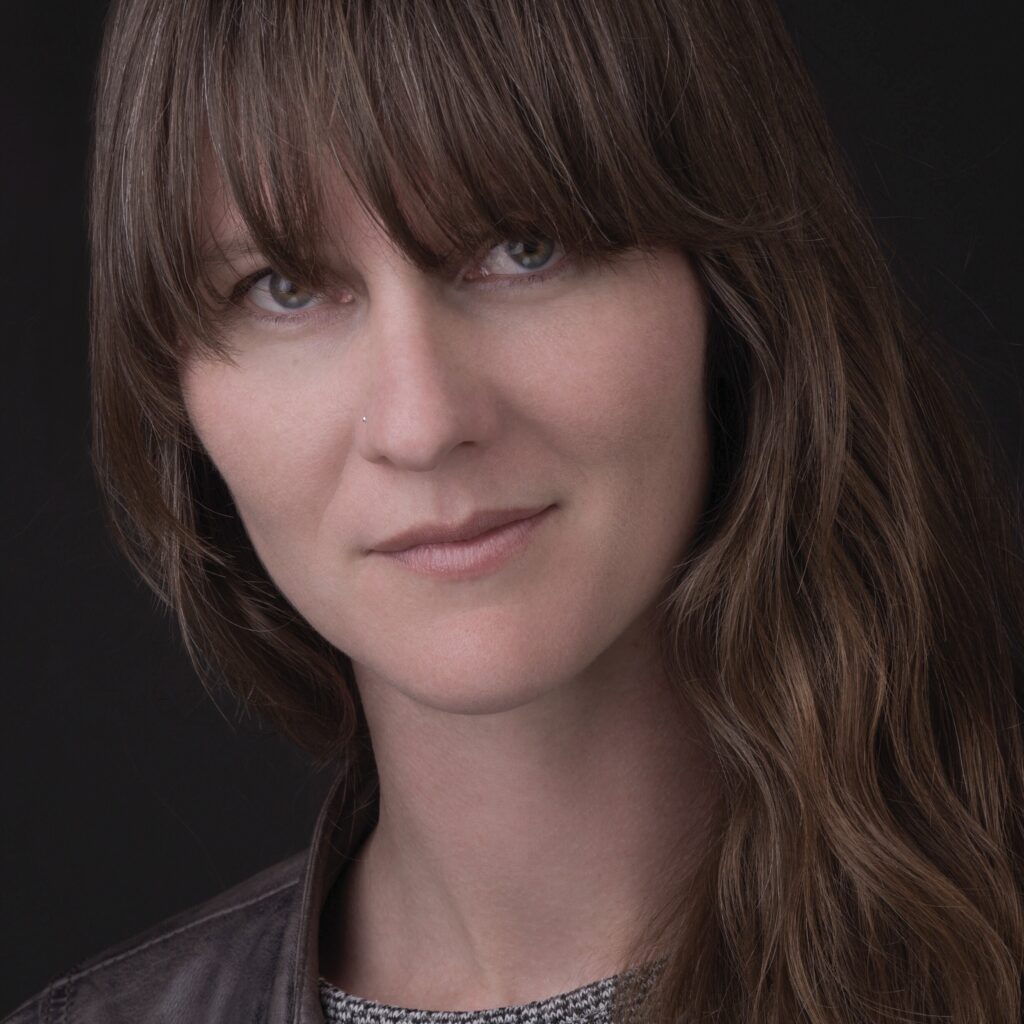
Mallory Knodel
CEO, Social Web Foundation
Mallory Knodel is a public interest technology and human rights expert specializing in internet governance and digital policy. Mallory is actively involved in global internet governance processes, including at the IETF, IEEE and the UN. Her background in computer science and civil society brings a unique perspective to the intersection of technology, policy, and human rights.

Paul Giannasi OBE
National Police Hate Crime Advisor
Paul is the Hate Crime Advisor to the National Police Chiefs’ Council in the United Kingdom. Following 30 years as a police officer, he advises on hate crime policy and coordinates national responses, managing the ‘True Vision’ reporting site and the National Online Hate Crime Hub on behalf of the police. He is the co-author of the national Police Hate Crime Guidance which offers advice to all UK police officers and partners.
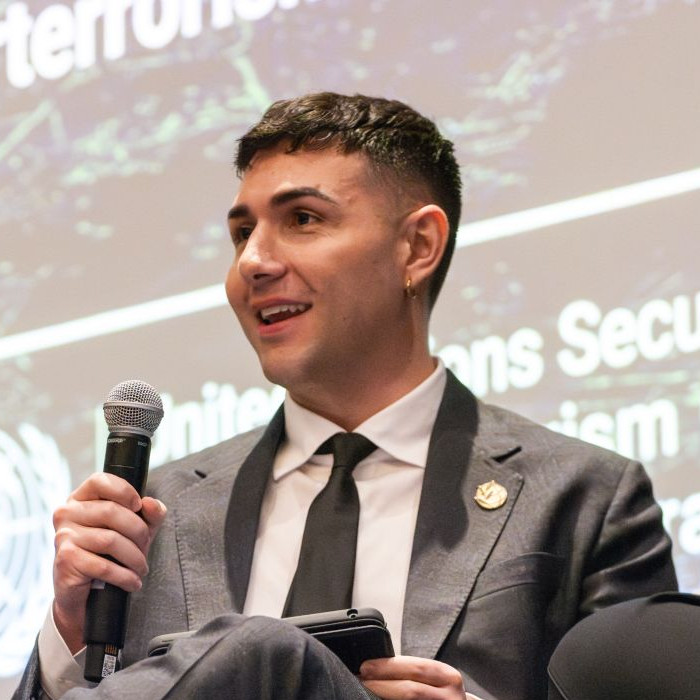
Skip Gilmour
Director of Technology, GIFCT
Skip Gilmour is the Director of Technology Policy and Solutions at the Global Internet Forum to Counter Terrorism (GIFCT). He previously served as the
Intelligence and Investigative Lead at Roblox, and prior to that as an
Intelligence Analyst at the Federal Bureau of Investigation (FBI).
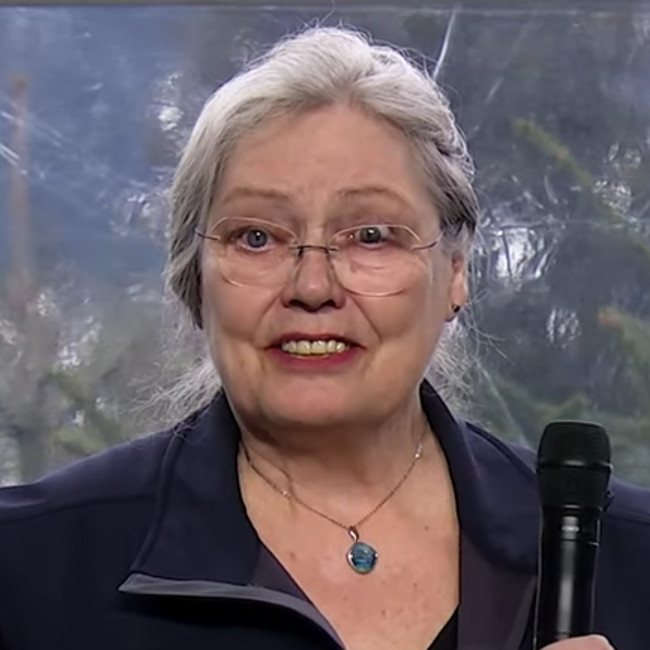
Maike Luiken
Chair, IEEE Planet Positive 2030 Initiative
Maike Luiken is Chair of the IEEE Planet Positive 2030 Initiative and serves as a member of IEEE’s Global Public Policy Committee. She previously served as President of IEEE Canada. She is a managing director, R&D, at Carbovate Development Corp., a start-up company, and an Adjunct Research Professor at Western University, Canada. She is a Fellow of the Canadian Academy of Engineering.

Briana Kablack
Policy Manager, Meta
Briana Kablack is a Policy Manager in the Dangerous Organizations and Individuals team at Meta. She was previously a Brumley Next Generation Graduate Fellow at the Strauss Center for International Security and Law. She holds a Masters in Global Policy Studies from the University of Texas at Austin and a Bachelors in International Relations, and Conflict Resolution from George Washington University.

Joel R. Rubin
President, Washington Strategy Group
Joel R. Rubin is President of the Washington Strategy Group where he advises on national security and foreign policy. He previously served in the US State Department as Deputy Assistant Secretary of State for Legislative Affairs. He is a regular commentator in the media on politics, national security, and international affairs across a range of news outlets including CNN, BBC, and MSNBC.

Brian Hughes
Associate Director, PERIL
Brian Hughes is Co-Founder and Executive Director of the Polarization & Extremism Research & Innovation Lab (PERIL) and a Research Assistant Professor in the American University School of Public Affairs, program of Justice, Law, and Criminology. His research explores the impact of communication technology on political and religious extremism, terrorism, conspiracy and fringe culture.
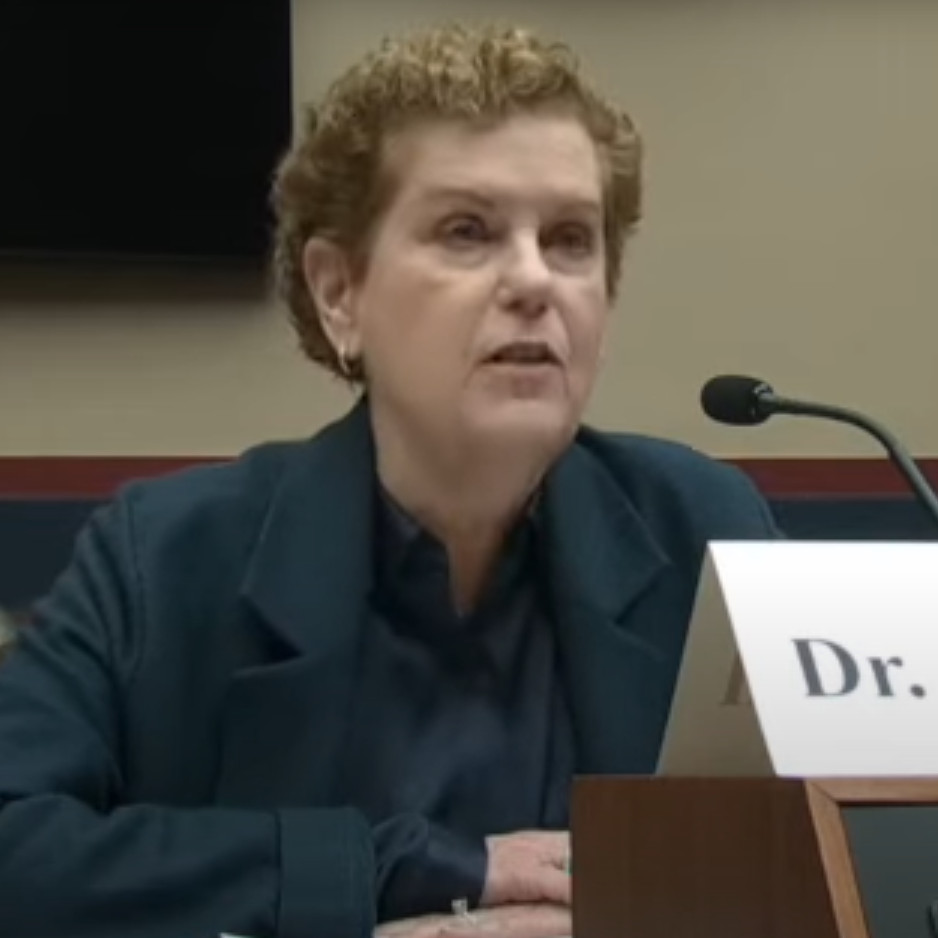
Pam Nadell
Professor, American University
Pamela S. Nadell holds the Patrick Clendenen Chair in Women’s and Gender History and is Director of the Jewish Studies Program at American University. She is a specialist in American Jewish history and women’s history, she teaches a variety of courses in Jewish civilization. She has testified three times before Congress on antisemitism, including in Decmeber 2023 on campus antisemitism.
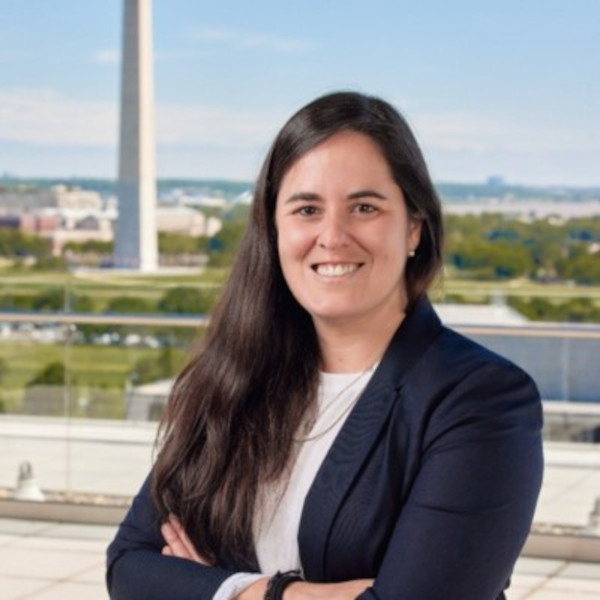
Cristina López G
Senior Analyst, Graphika Inc
Cristina Lopez is a Senior Analyst at Graphika Inc. where she provides intelligence on trust & safety issues, and research on media manipulation, propaganda, information operations, disinformation campaigns, and global disinformation threats on multiple social media platforms.

Mark Weitzman
Chief Operating Officer, WJRO
Mark Weitzman is Chief Operating Officer for the World Jewish Restitution Organization. He was previously Director of Government Affairs for the Simon Wiesenthal Center and its Chief Representative to the United Nations in New York. He is a member of the official US delegation to the International Holocaust Remembrance Alliance (IHRA) where he previously chaired the Committee on Antisemitism and Holocaust Denial.
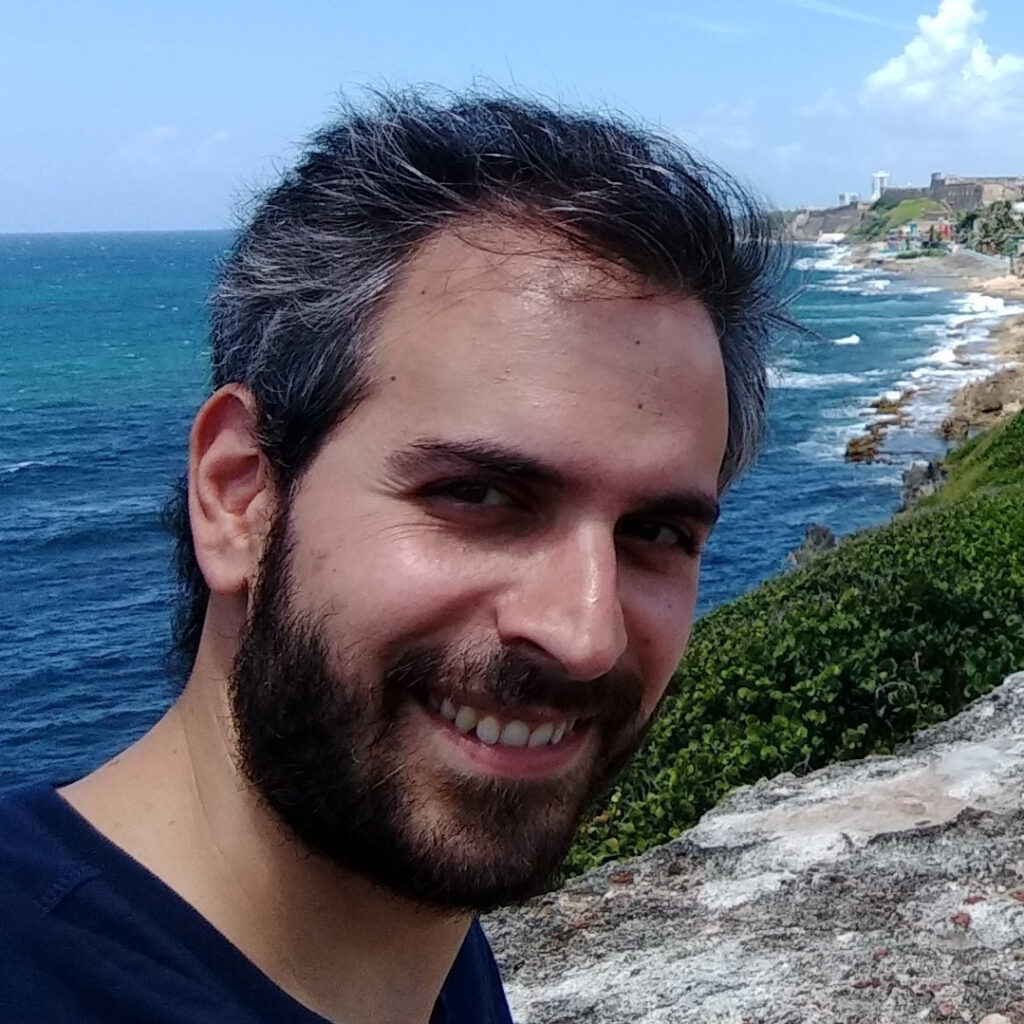
Zois Boukouvalas
Assistant Professor, American University
Zois Boukouvalas is an Assistant Professor in the Mathematics and Statistics Department at American University. His research focuses on the development of interpretable machine learning models and algorithms for the analysis of multi-modal data. He works with diverse data types, including social and linguistic data for understanding political and social trends.

Floriane Fidegnon-Edoh
IEEE TechEthics Global Ambassador
Floriane Fidegnon-Edoh is an IEEE TechEthics Global Ambassador and a defence innovation consultant at BMNT Ltd. in the UK. Floriane previously headed up the industry, technology and innovation team at a public policy think tank. She is a member of the IET design and manufacturing policy panel and was a member of the UK manufacturing symbiosis network plus advisory board and Make UK equalities working group.
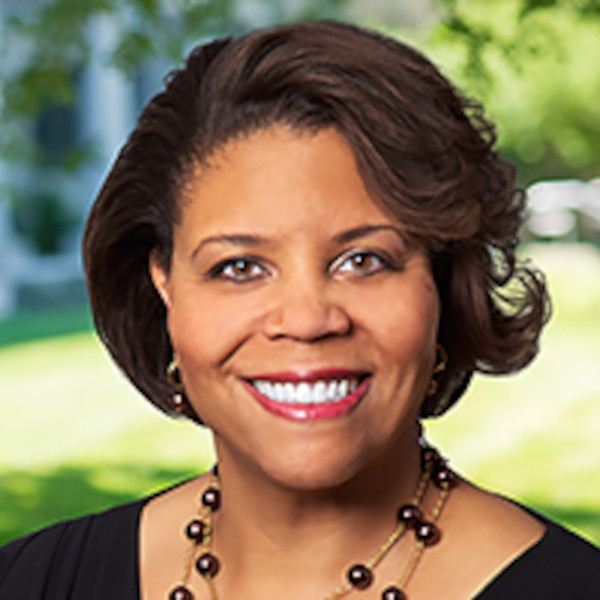
Diana Burley
Vice Provost, American University
Diana Burley is Vice Provost for Research and Innovation at American University where she also leads the Khan Cyber & Economic Security Institute and serves as a member of the faculty. She co-chaired the global ACM joint task force that established cybersecurity curricular guidelines for post-secondary academic institutions and served on the Board of the Cyber Future Foundation and the Global Cyber Security Advisory Group.
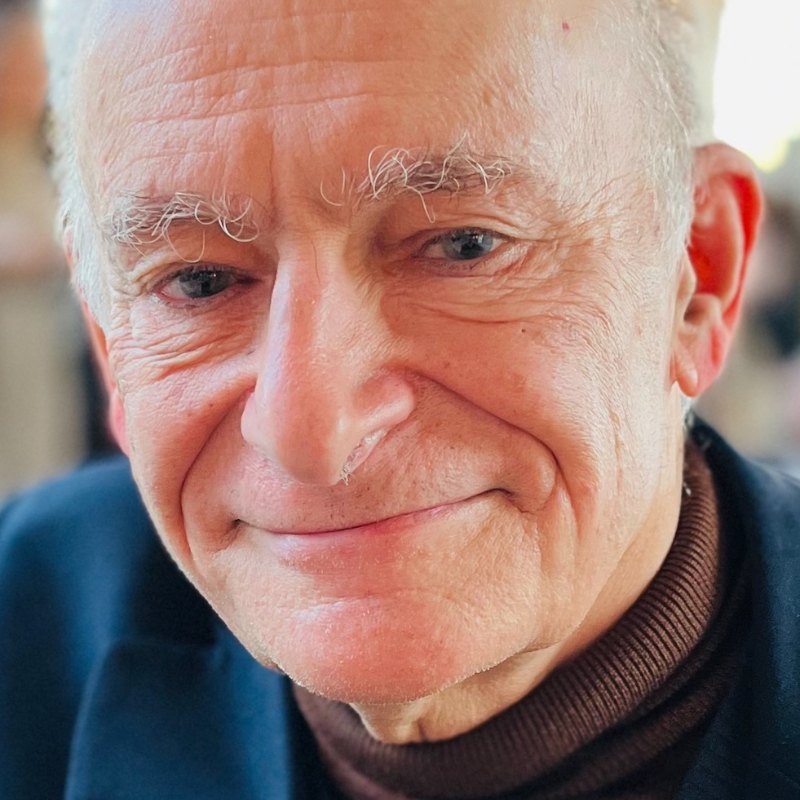
David Matas CM
International Human Rights Lawyer
David Matas is an international human rights lawyer. He has served as a member of the Canadian delegation to the United Nations General Assembly, the Canadian delegation to the United Nations Conference on an International Criminal Court, the Canadian Delegation to the Stockholm International Forum on the Holocaust, and a Co-Chair of the Global Forum for Combating Antisemitism. He is a member of the Canadian delegation to the International Holocaust Remembrance Alliance.
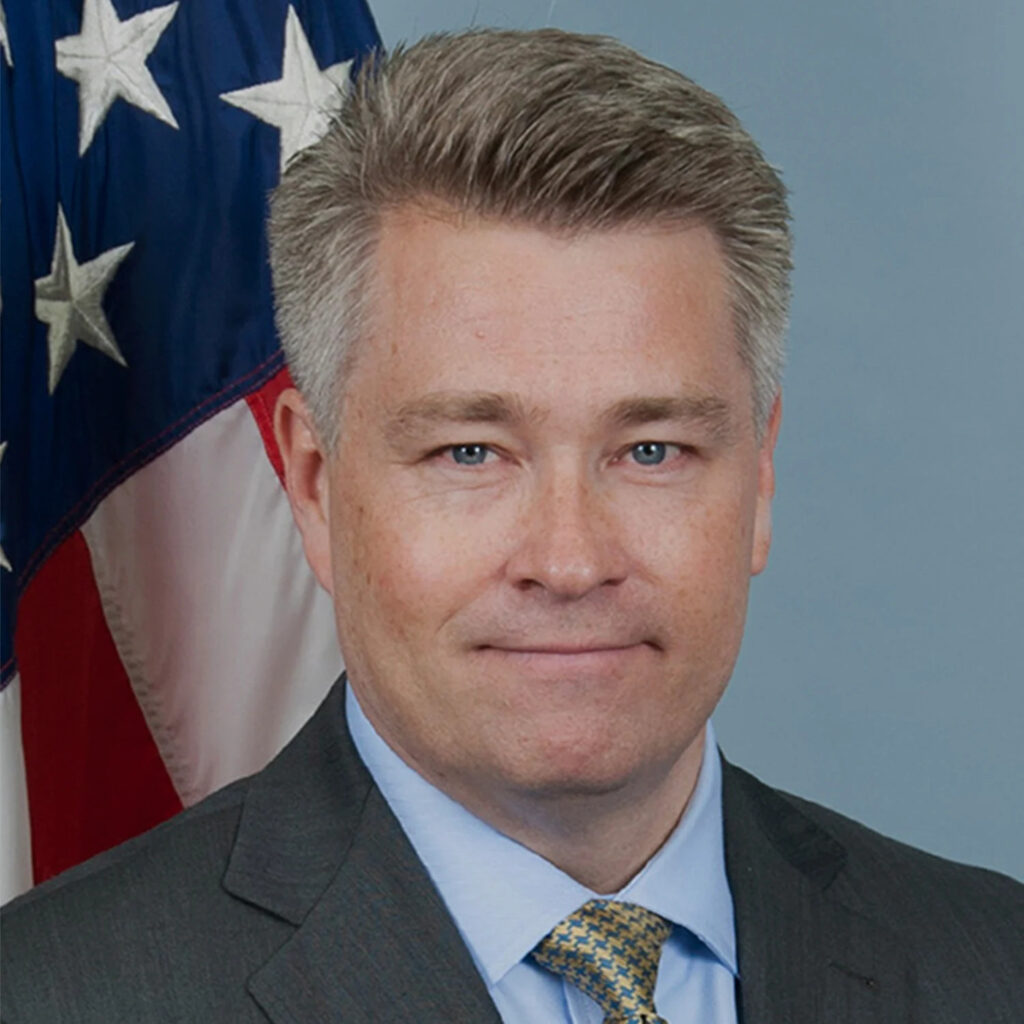
Tom Sobocinski
Partner, TDI
Tom Sobocinski is a Partner at the a strategic advisory and risk intelligence firm TDI. He previously served for 25 years in the Federal Bureau of Investigation (FBI). His roles in the FBI included: Special Agent in Charge of the Baltimore Field Office, one of the FBI’s largest regional divisions; Deputy Assistant Director of the International Operations Division where he led the FBI’s international investigative and intelligence programs including cyber, terrorism, and espionage; and Section Chief of the Counterterrorism Division.
•
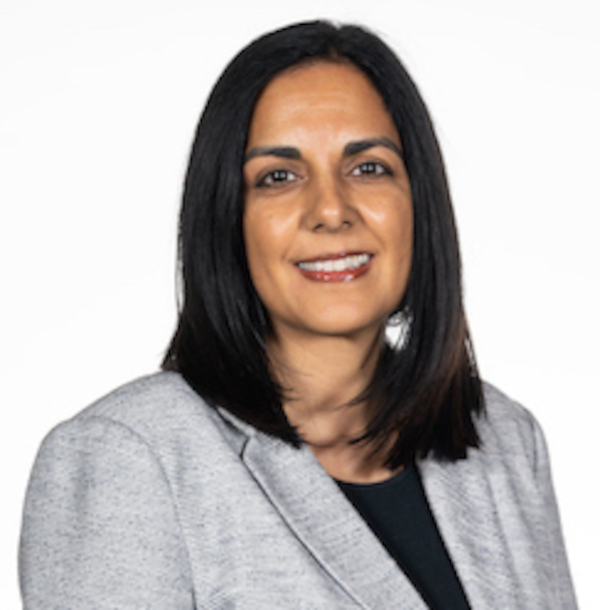
Lisa Singh
Professor, Georgetown University
Lisa Singh, Sonneborn Chair of Interdisciplinary Research, is a Professor in the Department of Computer Science and the McCourt School of Public Policy at Georgetown University, and Director of the Massive Data Institute. She has published widely on data-centric computing and is a co-author of Words That Matter: How News and Social Media Shaped the 2016 Presidential Election. Her current work includes identifying noise and poor-quality information on social media. She has featured on CNN, the Washington Post, NPR and other media.
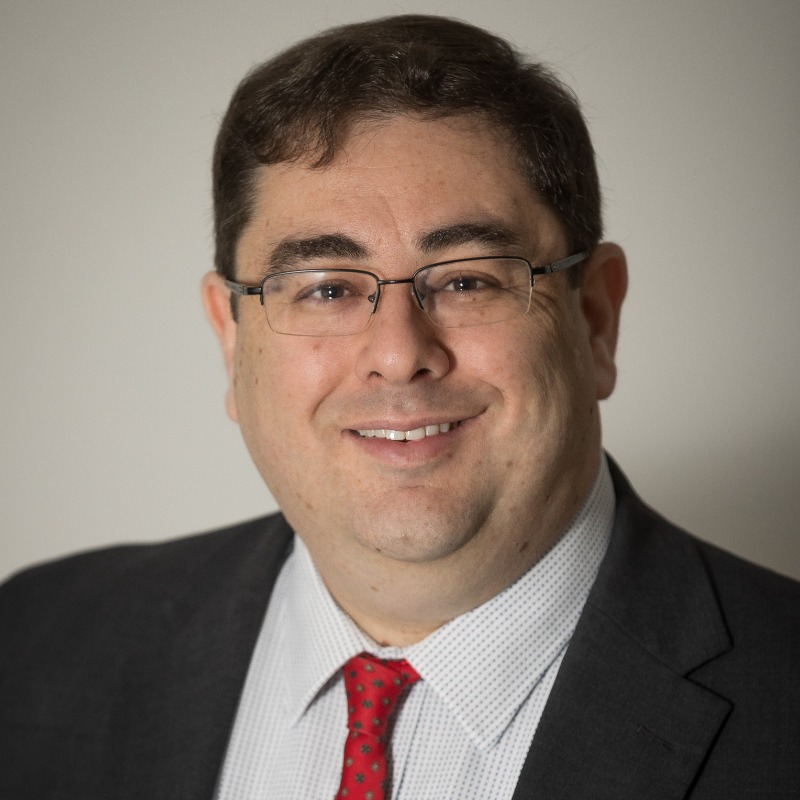
Andre Oboler
CEO, Online Hate Prevention Institute
Andre Oboler is CEO of the Online Hate Prevention Institute, an IEEE TechEthics Global Ambassador, Chair of the IEEE Global Public Policy Committee, and a member of the Australian delegation to the International Holocaust Remembrance Alliance. He previously served as a co-chair of the Global Forum for Combating Antisemitism and on the advisory board for the Swedish Government run Malmö International Forum on Holocaust Remembrance and Combating Antisemitism.
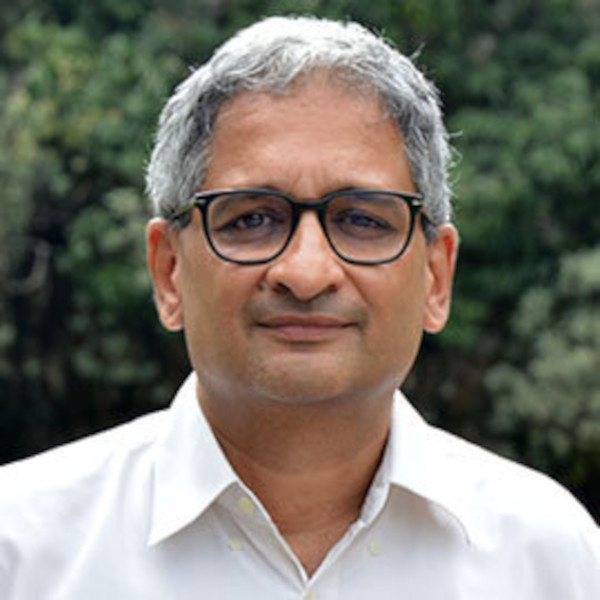
Balaji Parthasarathy
IEEE TechEthics Global Ambassador
Balaji Parthasarathy is an IEEE TechEthics Global Ambassador and Professor at the International Institute of Information Technology Bangalore where he co-founded the Institute’s Centre for Information Technology and Public Policy. His interests are rooted in economic geography and economic sociology, and explore the relationship between technological change and innovation, economic globalization, and social transformation, especially in underprivileged contexts.
